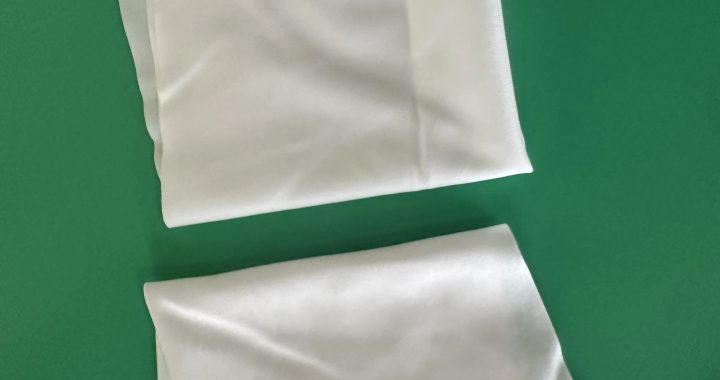Proper storage and maintenance of cleanroom wipes are essential to preserve their lint-free, antistatic, and high-absorbency properties. Following best practices ensures they remain effective for sensitive cleaning tasks in laboratories, electronics manufacturing, and cleanrooms.
Key Features:
-
Lint-Free: Maintains contaminant-free surfaces by preventing fiber shedding.
-
High Absorbency: Retains liquid and residues efficiently without leaving moisture behind.
-
Durable: Strong material resists tearing during use.
-
Antistatic Properties: Reduces electrostatic discharge (ESD), protecting sensitive equipment.
Storage Guidelines:
-
Keep Sealed: Store wipes in their original packaging to prevent dust and moisture contamination.
-
Clean Environment: Maintain storage in a dry, temperature-controlled, and particle-free area.
-
Avoid Sunlight and Heat: Protect wipes from exposure to sunlight and heat sources that may degrade material or solvent.
-
Check Expiry: Ensure pre-wetted wipes are within their recommended shelf life for optimal performance.
Maintenance Guidelines:
-
Single Use: Dispose of wipes after each cleaning task to prevent cross-contamination.
-
Wear Gloves: Prevent oils or dirt from hands contaminating wipes or surfaces.
-
Proper Handling: Avoid touching the wiping surface directly.
-
Inspect Before Use: Check for damage, dryness, or contamination before application.
Application Range:
-
Laboratories: Cleaning benches, instruments, and sensitive surfaces.
-
Electronics Manufacturing: Maintaining particle-free PCBs, components, and equipment.
-
Optical Equipment: Wiping lenses, mirrors, and precision optics without streaks.
-
Cleanroom Environments: Ensuring Class 100–1000 environments remain contamination-free.
